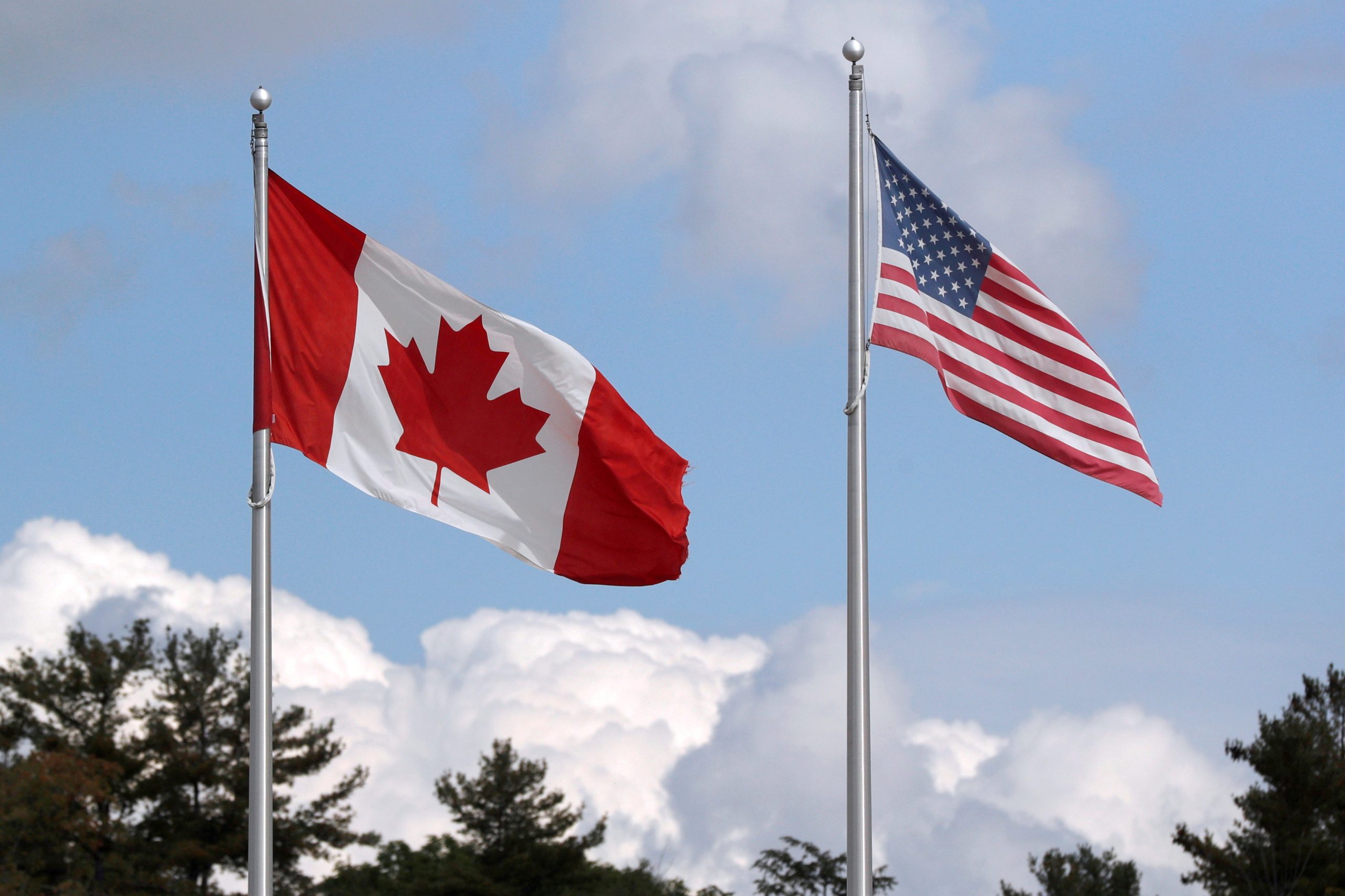
Lauren Moye, FISM News
[elfsight_social_share_buttons id=”1″]
More than a year-and-a-half after closing land borders, the US will once again allow “nonessential” travelers to cross over from Mexico and Canada. The Department of Homeland Security announced yesterday that these borders would open in November to fully vaccinated individuals.
US Homeland Security Secretary Alejandro Mayorkas said that these non-essential purposes would include “to visit friends and family or for tourism, via land and ferry border crossings.”
The borders closed under Trump’s administration to help control the spread of COVID-19. While the actual date that the borders will reopen has not yet been announced, this step will be the first phase in a planned reopening to nonessential travel.
In January, the borders will open to all inbound foreign travelers as long as they present appropriate proof of full vaccination status. The reopening of air travel to the US was previously announced on Sept. 20.
The DHS stated, “This new travel system will create consistent, stringent protocols for all foreign nationals traveling to the United States – whether by air, land, or ferry – and accounts for the wide availability of COVID-19 vaccinations.”
In his official statement, Mayorkas also said, “Cross-border travel creates significant economic activity in our border communities and benefits our broader economy. We are pleased to be taking steps to resume regular travel in a safe and sustainable manner.”
Senate Democratic leader Chuck Schumer said, “Since the beginning of the pandemic, members of our shared cross-border community have felt the pain and economic hardship of the land border closures. That pain is about to end.”
The US Travel Association recently announced that the US is losing $439 million each month that travel and tourism is restricted by COVID-19 measures, including the closed borders. This has caused many politicians along the Canada-US border to question why the borders remained closed to nonessential travel, especially when Canada opened its own borders on Aug. 9.
Representative Brian Higgins (D- N.Y.) released an official statement in response to the news:
For months now we’ve heard from businesses that are suffering and families distraught over the separation imposed by the continued border shutdown. The sigh of relief coming from the Northern Border communities following this announcement is so loud it can practically be heard on either end of the Peace Bridge… Border communities await further details from the administration with great expectations.”
As the representative for New York’s 26th congressional district, Higgins represents the citizens of Niagara Falls. On Oct. 8, Higgins pressured the White House to reopen borders. He said that Niagara Falls reported a 10% decrease in 2021 sales. The area also showed an 11% decrease in bed tax revenue and 23% reduction in parking revenue compared to 2019.
The White House has stressed that this will not end Title 42 restrictions. Part of the Public Health Safety Act, Title 42 bars the entry of noncitizens into the US “when doing so is required in the interest of public health.”
